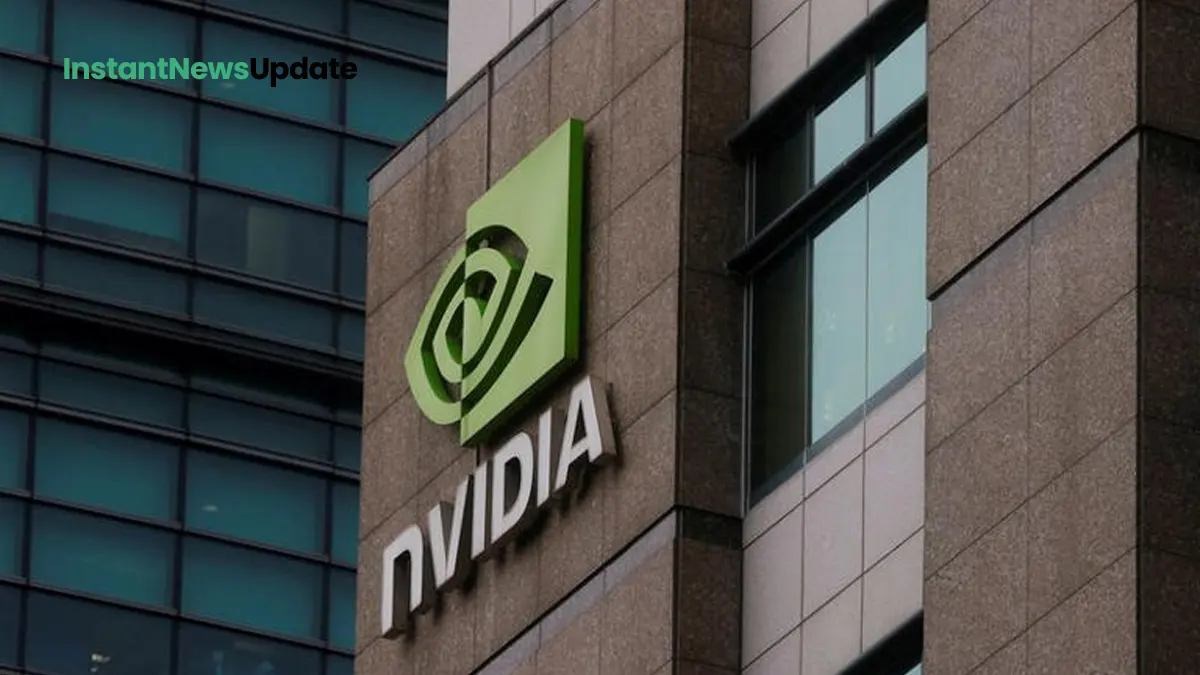Examining the Impact of Artificial Intelligence on Information Manipulation
Artificial intelligence (AI) has emerged as a formidable force in the battle against disinformation, but its implications raise important questions about the future of information integrity. In a thought-provoking discussion held at Berlin’s Humboldt University, experts from various fields explored the multifaceted role of AI in shaping the way we consume and trust information. Here, we delve into the complex dynamics and potential consequences of AI’s involvement in the fight against disinformation.
Unmasking the Manipulation
Renowned philosopher Claudia Paganini opened the discourse by shedding light on AI’s capacity to discern emotions and manipulate decisions, leading to profound societal effects. Paganini highlighted the ease with which AI can generate captivating content, such as stunning sunset photos, and the manipulative repercussions when these images flood social media. The same holds true for AI-generated fake political voices and counterfeit media logos, which sow confusion in the digital landscape.
DW’s Mission: Navigating the AI Challenge
Peter Limbourg, Director General of DW, expressed grave concerns about AI’s potential to worsen the disinformation crisis. He emphasized DW’s commitment to providing clarity amidst the evolving AI landscape, recognizing the urgent need to make sense of these developments.
Deception Throughout History
Paganini urged a broader perspective, emphasizing that various forms of deception have always existed. Journalism’s claim to truthfulness, she argued, hinges on transparency, requiring journalists to prominently display their identities and expertise. Paganini proposed that transparency is the modern embodiment of journalistic truthfulness.
The Call for an “Error Culture”
Tabea Rössner, a Green Party Bundestag member and former journalist, advocated for an “error culture,” emphasizing that Germany should adopt the practice more widely, as it is in the United States. She stressed the importance of technology assessments before AI integration, both in journalism and across industries.
EU Regulation on the Horizon
With the European Union working on AI regulation, Rössner hoped that tech companies in the United States would also adopt similar standards, akin to how EU data protection rules gained global traction.
The Real-Time Challenge
Helge Lindh, a Social Democrats lawmaker, highlighted the dilemma faced by politicians when dealing with rapid AI advancements. He discussed the creation of authentic-looking AI-generated videos that can contain any content, compounding the threat posed by disinformation spread by international actors.
The German Climate
Christiane Schenderlein, a spokesperson for cultural and media affairs in the Bundestag, voiced concerns about the rise of populism and the culture of outrage in Germany. She lamented the infusion of misinformation into political debates, eroding factual discourse.
AI for Truth Verification
Sven Weizenegger, head of the German military’s “Cyber Innovation Hub,” presented a contrasting viewpoint, asserting that technology is a potent tool for safeguarding democracy. He cited the Bundeswehr’s AI algorithms, differentiating true from false information, and their impact on strategic decision-making.
AI’s Human Aspect
Claudia Paganini concluded with optimism, suggesting that AI’s application could ultimately benefit society, provided we consider its profoundly human dimensions. As the dangers become more apparent, she argued that democratic societies must develop responses akin to ensuring children’s safety on their way to school.
In a world witnessing the rapid evolution of AI, the future of information integrity remains uncertain. Yet, as experts grapple with the complex implications, the quest for solutions continues, much like a society finding ways to adapt to the challenges of a changing world.









